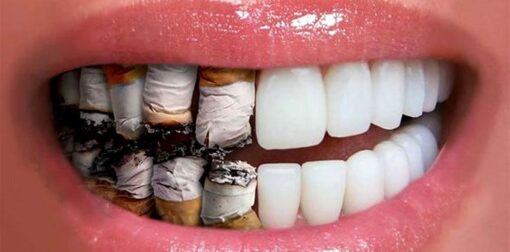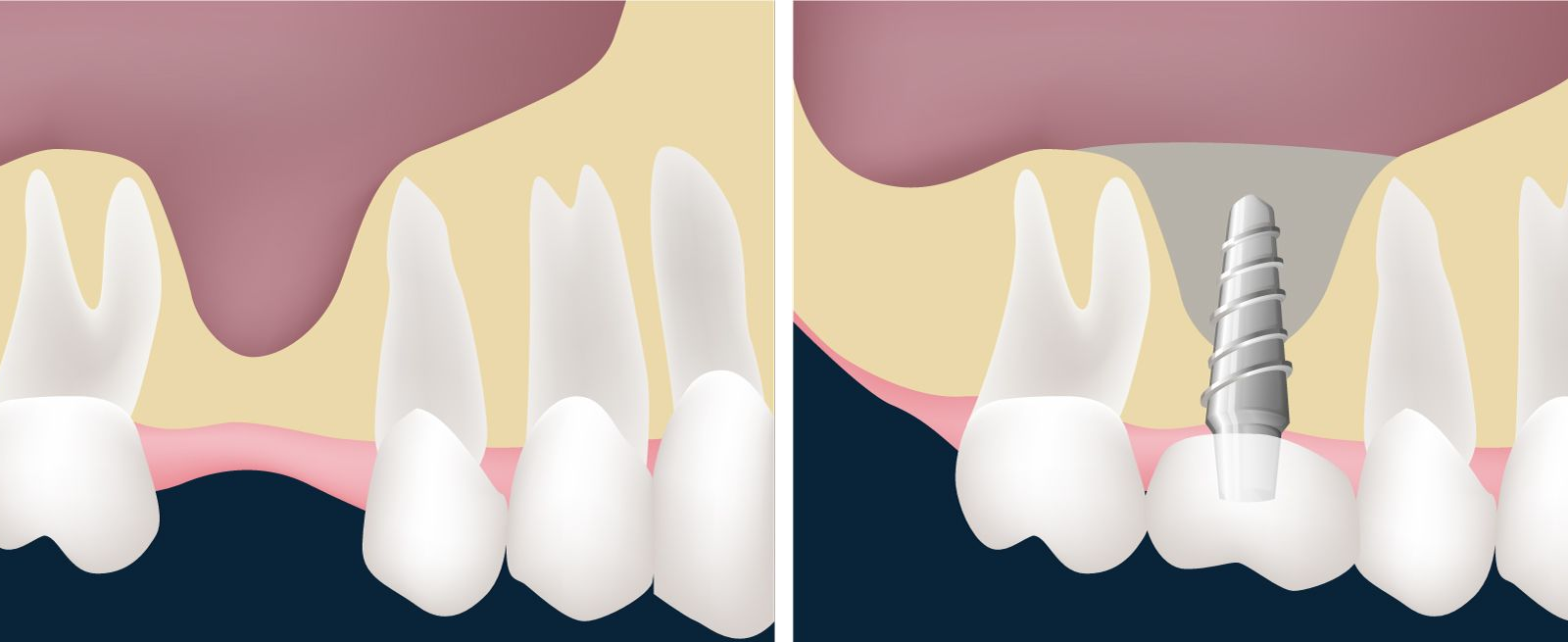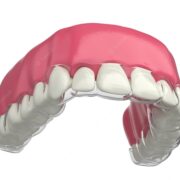Taking care of our teeth is an important part of our overall health and well-being. From the time we are very young, we are taught to brush and floss regularly, watch what we eat, and visit the dentist every six months for a check-up and cleaning. However, many of us don’t realize the importance of regular dental visits until we experience a toothache or other dental problems. Visiting your dentist on time is essential to prevent the need for more serious treatments such as extraction, which should be the last resort. Regular check-ups can help detect any problems early on and prevent the need for more invasive procedures. This article will discuss why tooth extraction should be the last resort.
But Tooth extraction is always the last resort when treating an infected or damaged tooth. The goal is always to use restorative dentistry whenever possible to try and save the natural tooth.
What is tooth extraction?
Tooth extraction is the removal of a tooth from its socket in the jawbone. This is done when there is no possibility of saving the tooth, or as a way of managing other oral medical conditions. Often, the dentist will discuss the benefits and the risks of extraction with the patient. There are many reasons why your dentist might suggest extraction as the best treatment for you.

Sometimes it is because the tooth is badly decayed, or there is a risk of root fracture. More often or not tooth can’t be treated by other means, such as filling or root canal therapy. Other times, it is because the tooth is too badly decayed to save, or there is a risk of the tooth crumbling and causing infection in the surrounding area.
Why is it important to visit your dentist on time?
Early detection and treatment of dental issues can prevent tooth loss and save you money in the long run. It is important to visit the dentist every 6 months or when you are advised to do so by your dentist. Your dentist is trained and specialized in assessing your oral health and they can detect problems such as tooth decay or gum disease at an early stage.

Regular check-ups can help detect dental problems at an early stage, which can be treated with simple procedures. This can prevent tooth loss and the need for more invasive treatments.
In 2014, adults reported that they had visited their dentist as follows:
- 52.3% reported once per 6 months.
- 15.4% reported once per year.
- 11.0% reported once every two years.
Additionally, if you have a dental insurance plan, it is often a requirement to visit the dentist for a check-up within the first 6 months. This is because most dental insurance companies will cover the more serious and costly treatments such as tooth extraction and implants only if the problem was detected at an early stage.
Common causes of tooth extraction
Tooth fracture: Sometimes teeth can break or chip due to an accident or excessive force. Tooth fractures can be treated by filling the affected tooth, a crown, or sometimes a dental bridge. However, tooth fractures can sometimes be too serious to treat, or the tooth might have been weakened by decay. In these cases, extraction is the recommended course of treatment.
Tooth decay: Plaque is a sticky substance that forms on teeth when they come in contact with bacteria in the mouth. This can cause tooth decay if left untreated and can lead to tooth loss if not treated promptly. Tooth brushing and flossing regularly along with visiting the dentist for a cleaning every 6 months can help prevent tooth decay.
Gum disease: Gingivitis is a condition where the gums swell and become red and tender. If left untreated, gingivitis can lead to periodontitis, which is when the gums and the underlying bone that supports the teeth are damaged. Dentists can treat gingivitis with regular cleaning procedures and using specialized cleaning tools that are designed to treat gums. If gum disease is left untreated, it can lead to tooth loss.
How to prevent the need for extraction?
While dental visits are important, it’s also important to take care of your oral health between visits. Brush your teeth twice daily with fluoride toothpaste and floss at least once a day to prevent tooth decay and gum disease. Eat a balanced diet to promote the health of your teeth and try to avoid sugary, sticky foods. Regular exercise can improve the health of your teeth and gums and can also help prevent weight gain and diabetes, conditions where oral health is also at risk.

If you need orthodontic treatment, such as braces, visit your dentist for a check-up as soon as your braces are fitted. If you have a retainer, then it is also important to visit your dentist after you have had braces removed. Retainers need to be replaced regularly as they can get infected if they aren’t cleaned properly.
Is it better to save a tooth or extract?
Not only are natural teeth stronger, but they also offer better functionality than prosthetics or crowns. Plus, your natural teeth will are more durable and easier to care for. When a tooth is extracted, it leaves behind a gap, even those back molars no one sees. But sometimes, removing a tooth really is the best option for your oral health. Circumstances under which an extraction might be necessary include advanced stages of periodontal disease or severe decay, malformations, impaction, or damage that renders a tooth unsalvageable.
Why do some dentists not do extractions?
If you have a tooth or teeth that need to be extracted, but the way your teeth are positioned in your mouth, large sinuses, or limited jaw mobility make it impossible for a general dentist to successfully perform the extraction, you will need to see an oral surgeon like Dr. Scherer for treatment.
Benefits of regular dental visits
Dental insurance: Dental insurance plans cover more serious treatments such as tooth extraction and implants only if the problem was detected at an early stage.
Better overall health: Regular dental visits can help maintain oral healthcare and can help prevent tooth decay and gum disease. This can lead to better overall health in general.
Better self-esteem: Good oral health can help you to smile confidently and will improve your self-esteem. Regular dental visits can help keep your teeth and gums healthy and clean.
Conclusion
Visiting your dentist on time and regularly is essential to prevent the need for more serious treatments such as tooth extraction. Regular check-ups can help detect any problems early on and prevent the need for more invasive procedures.






